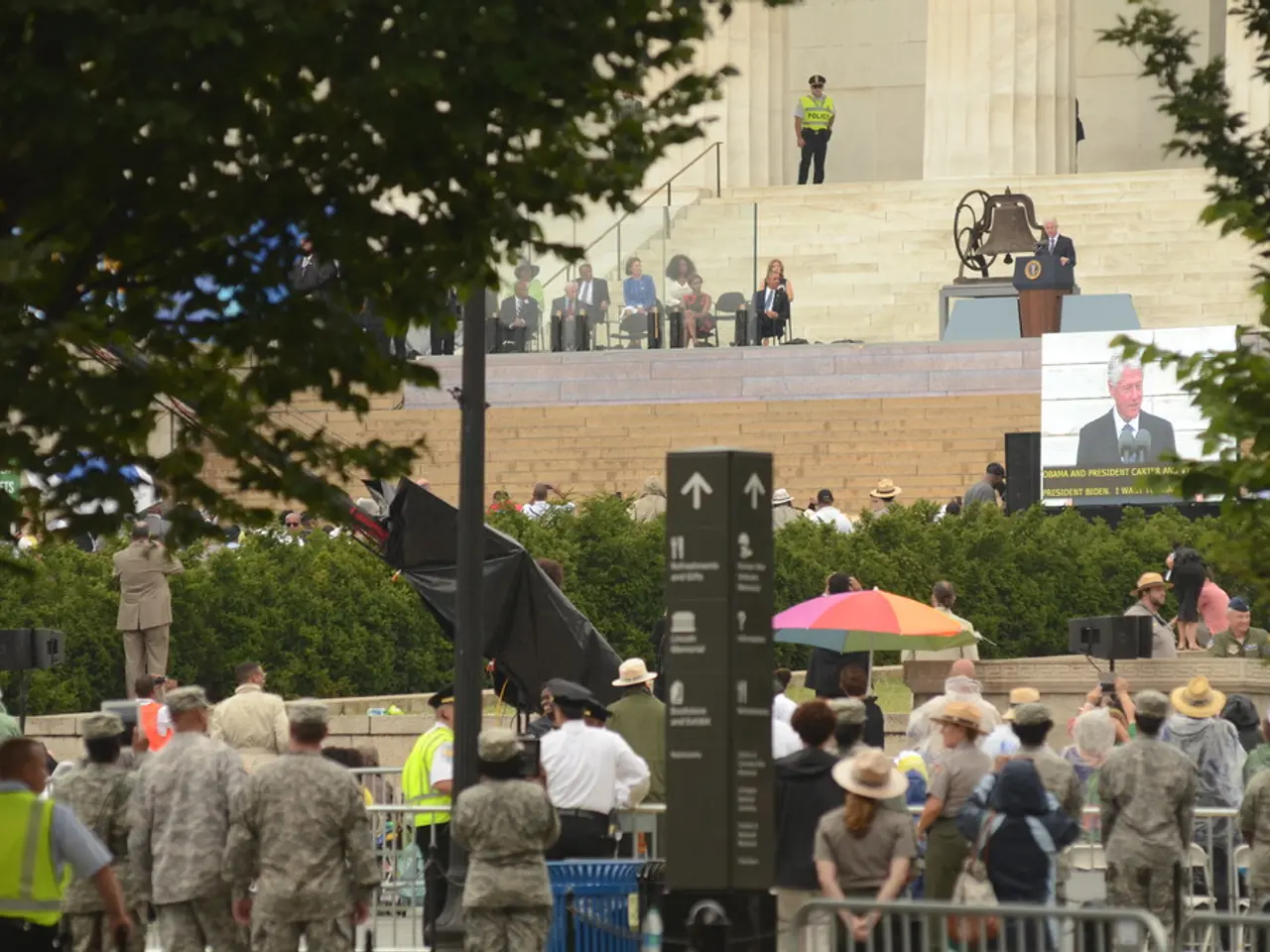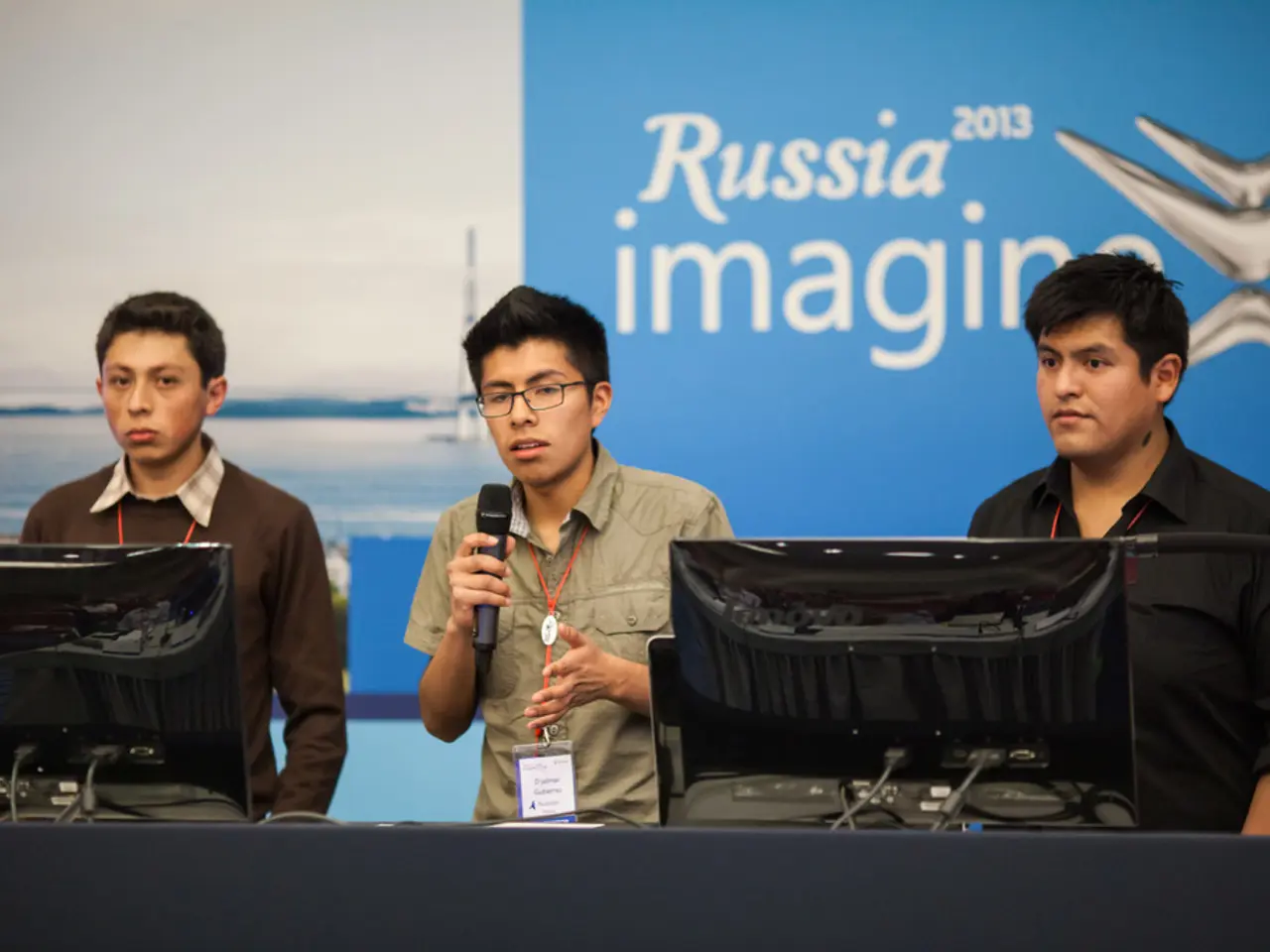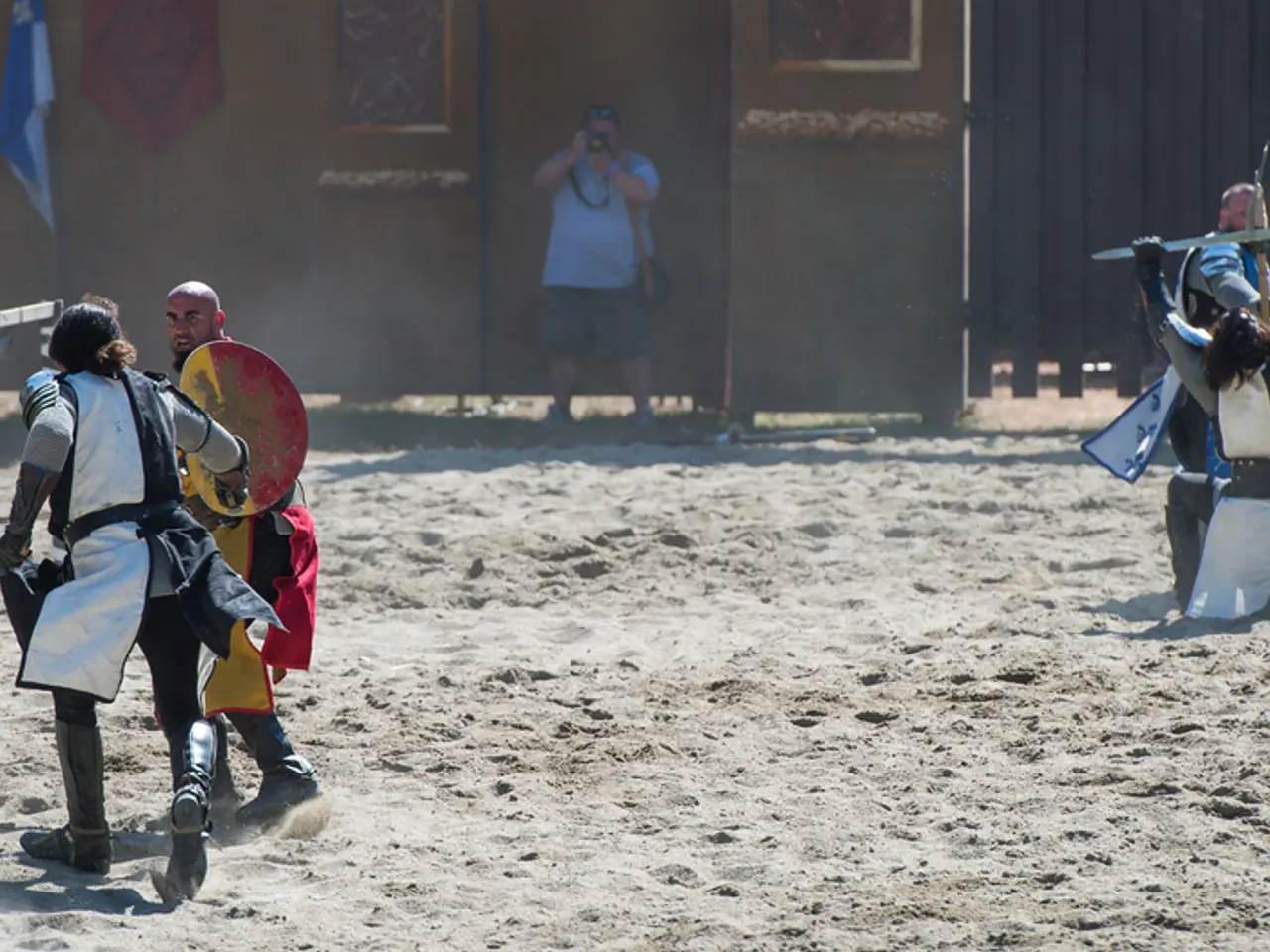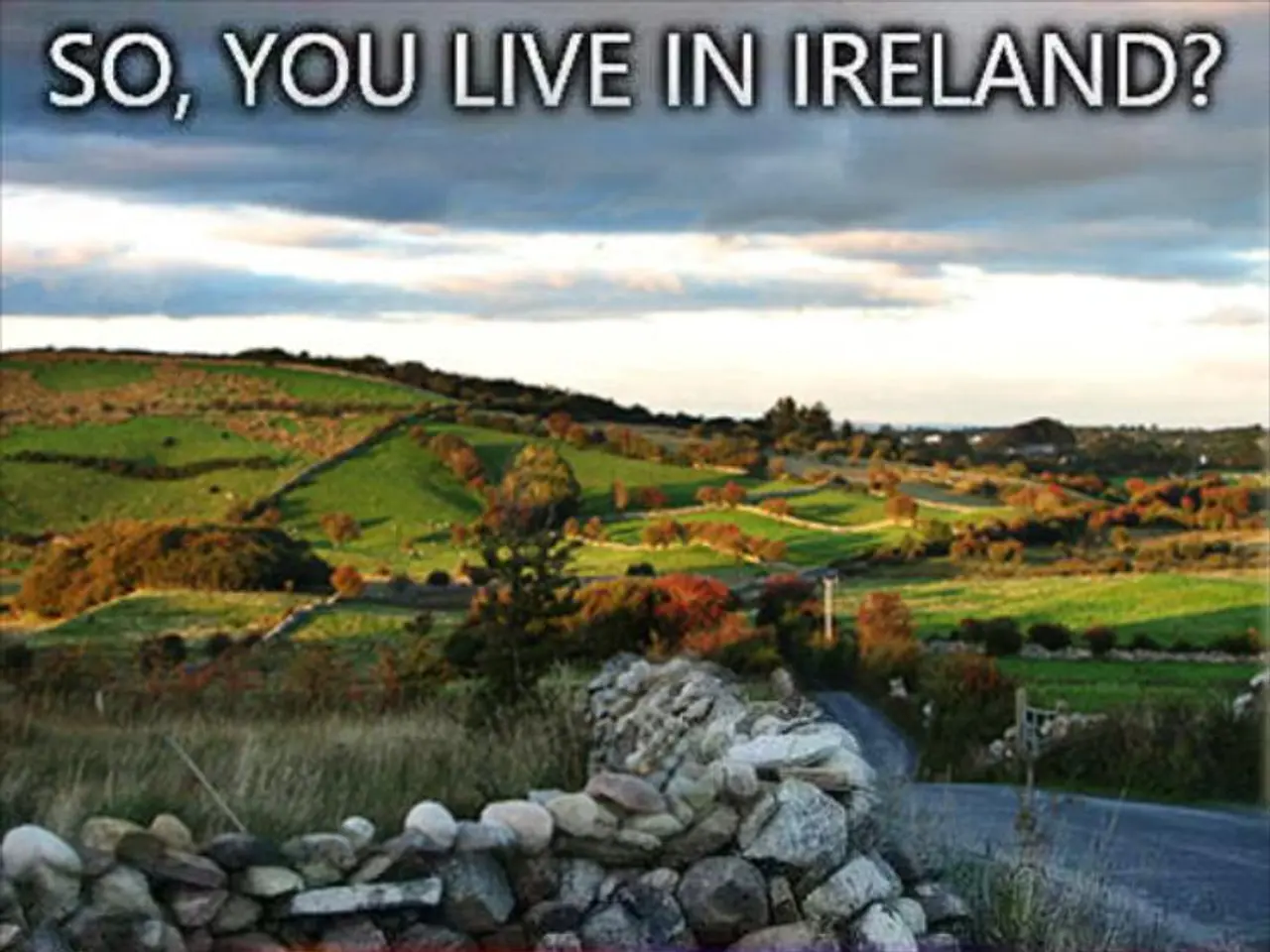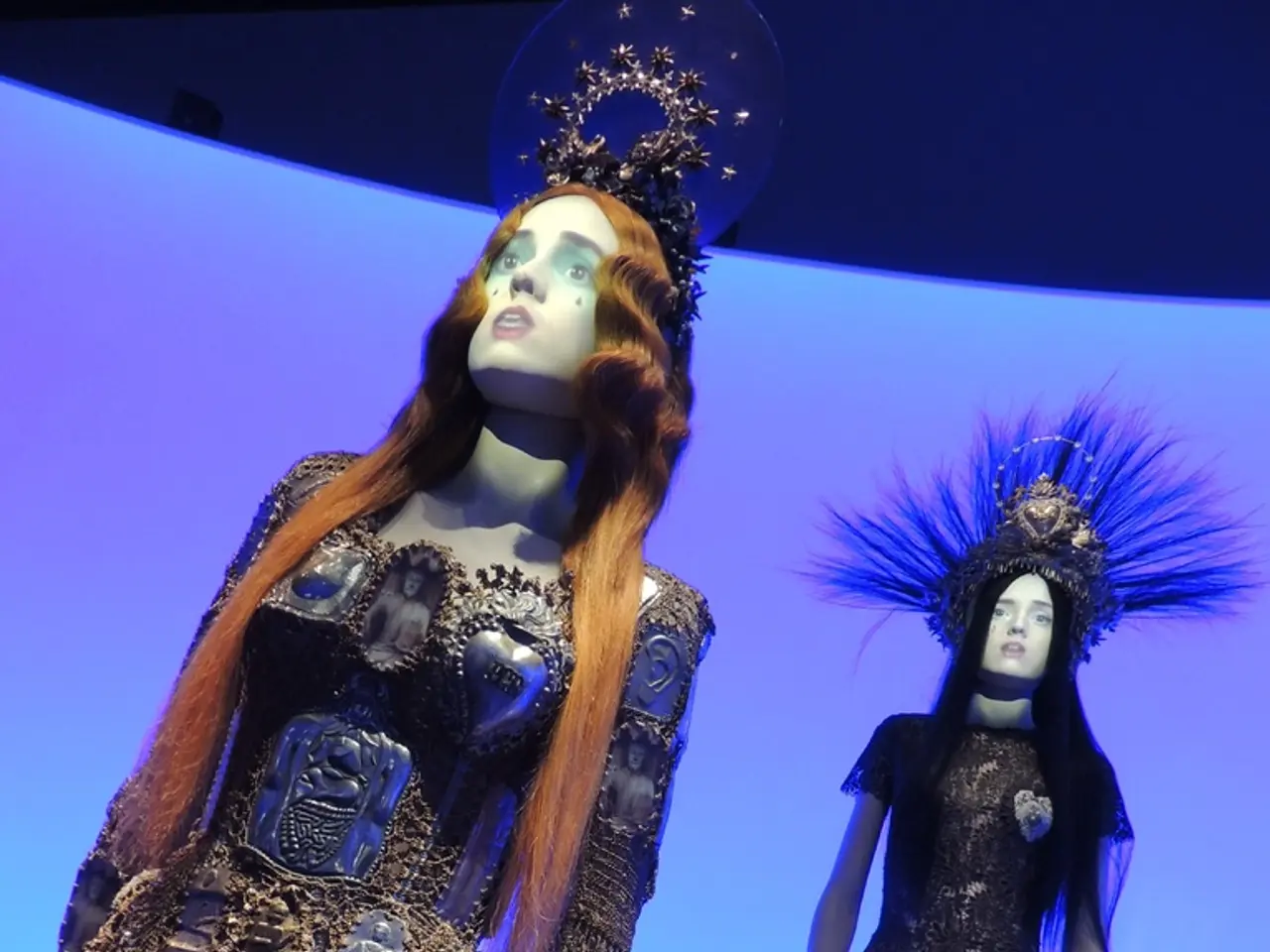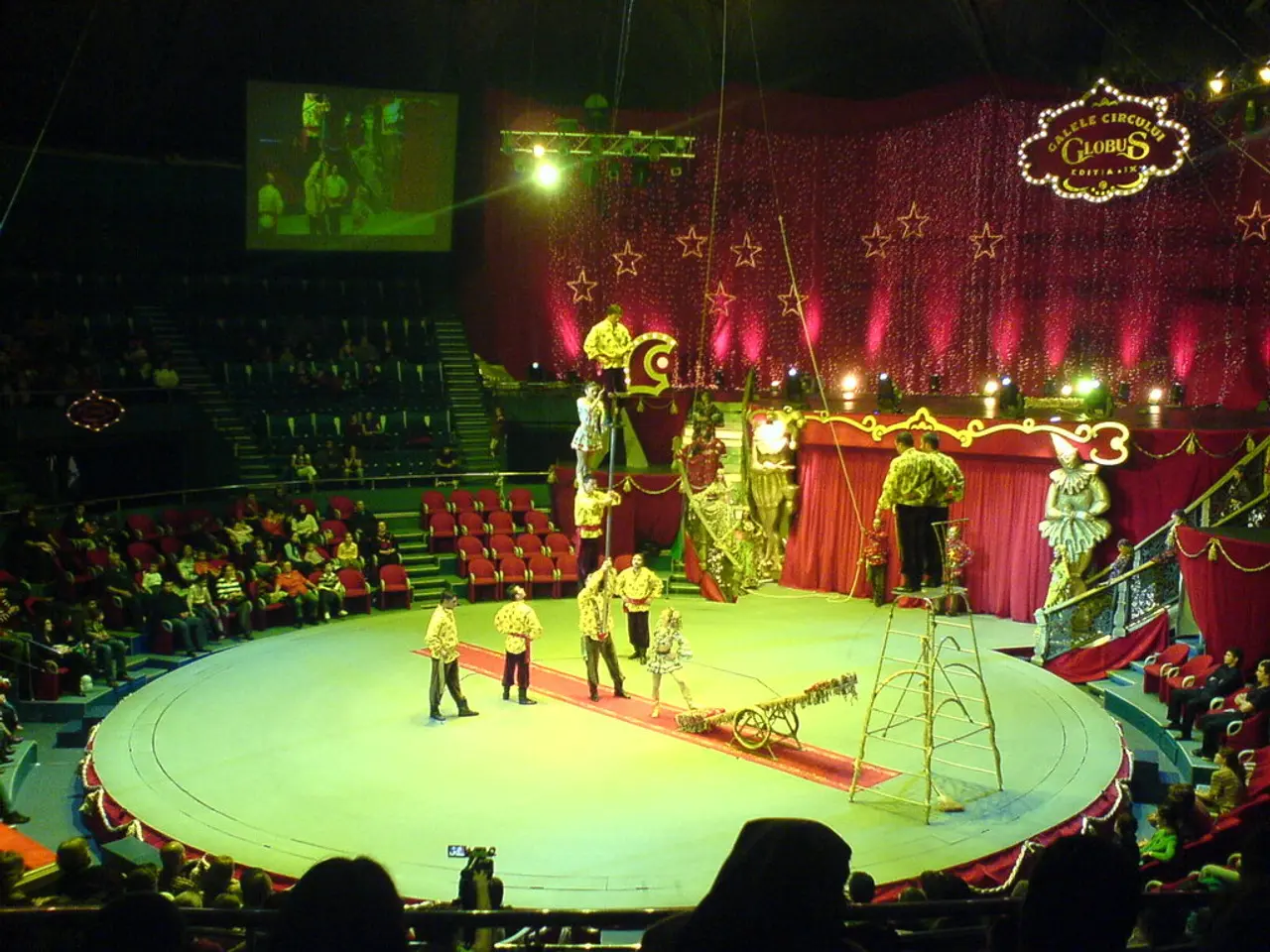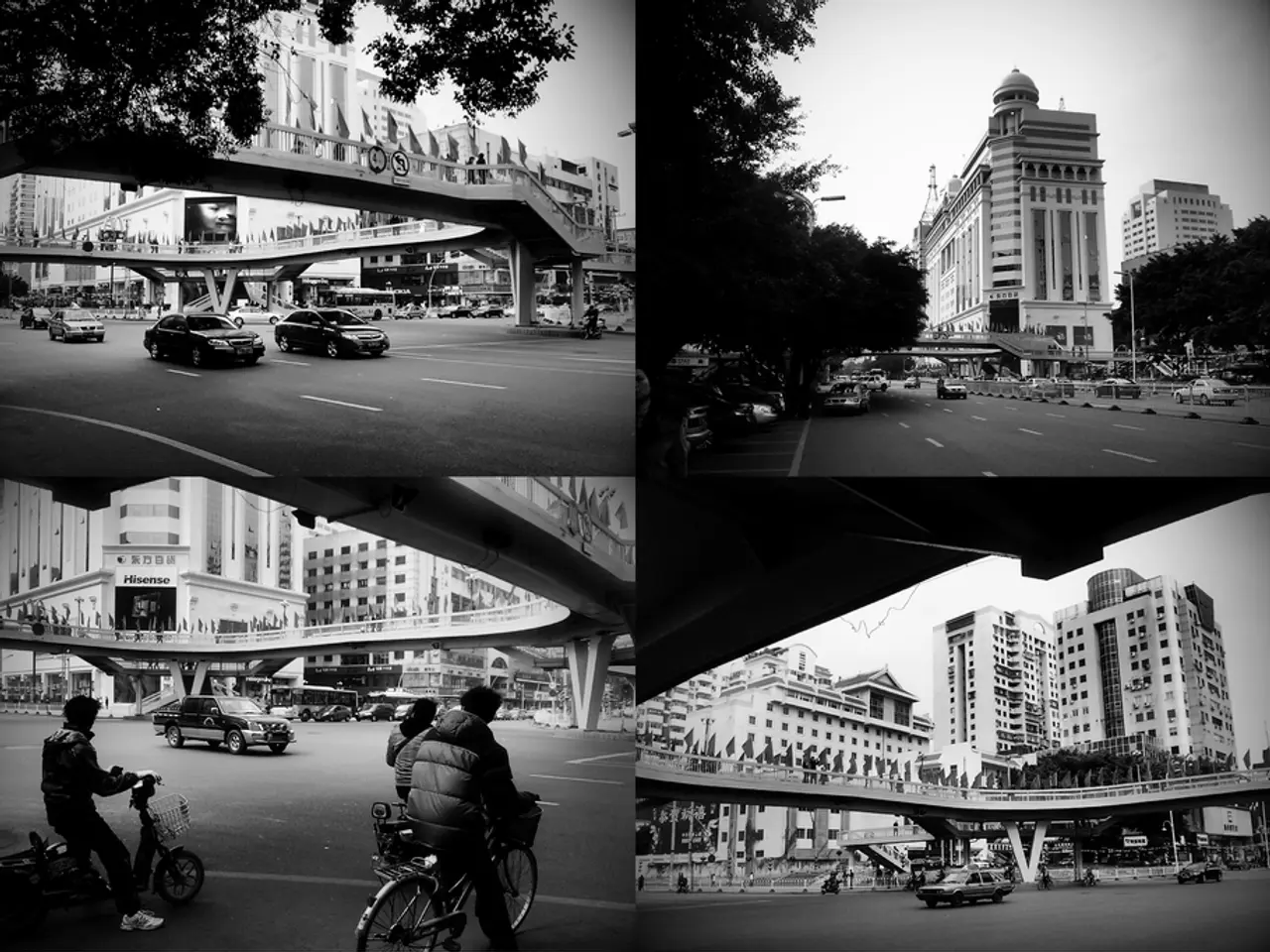French and Russian Presidents hold long-overdue conversation after nearly three years of silence.
In a significant development, French President Emmanuel Macron and Russian President Vladimir Putin resumed direct dialogue after over two years, marking their first conversation since September 2022. The lengthy phone conversation on July 1, 2025, primarily focused on the ongoing conflicts in Ukraine and Iran's nuclear program.
Regarding Ukraine, President Macron urged Putin to agree to a ceasefire "as soon as possible" and launch negotiations for a lasting settlement. He reiterated France's unwavering support for Ukraine's sovereignty and territorial integrity. On the other hand, Putin blamed the conflict on Western policies, alleging that the West had ignored Russia's security interests and created an "anti-Russian bridgehead" in Ukraine. He emphasised that any peace agreement must be "comprehensive and long-term," address the "root causes" of the crisis, and be based on "new territorial realities" - effectively calling for Ukraine to accept Russian territorial gains.
The conversation about Iran's nuclear program highlighted the shared concerns of both leaders to prevent Iran from obtaining nuclear weapons. As permanent members of the United Nations Security Council and nuclear powers, they are guarantors of the Treaty on the Non-Proliferation of Nuclear Weapons. Macron urged Putin to pressure Iran to cooperate with U.N. nuclear inspectors, expressing a willingness to respect Iran's right to enrich uranium for civilian purposes but strongly opposing Iran's development of nuclear weapons. The Kremlin indicated that both leaders favour settling the crisis through political and diplomatic means and agreed to maintain contact to coordinate their positions if necessary.
The dialogue comes as Iran recently passed a law severing cooperation with the International Atomic Energy Agency, allowing it to shut its nuclear facilities from independent investigation and expand its nuclear program.
Both leaders agreed to continue discussions on Ukraine and Iran. The conversation marks a cautious step toward renewed high-level dialogue, though fundamental differences remain, especially on the territorial integrity of Ukraine and approaches to Iran's nuclear ambitions.
Following the call, President Macron spoke with Iranian President Ebrahim Raisi and IAEA Director General Rafael Grossi. Macron and Putin agreed to coordinate their actions and hold new talks in the near future to jointly monitor the situation's development. Putin noted that Iran has a "legitimate right" to develop peaceful nuclear energy, but must comply with the Nuclear Non-Proliferation Treaty (NPT) and cooperate with the IAEA. Moscow expressed readiness to help Iran if necessary.
This development is significant as it signals a potential shift in the geopolitical landscape, particularly in the Middle East and Eastern Europe. Both leaders have agreed to maintain open lines of communication, which could lead to further negotiations and potential resolutions to the ongoing conflicts.
In the context of the conversation, President Macron emphasized France's support for Ukraine's territorial integrity and urged Putin to agree to a ceasefire in politics, while Putin blamed the conflict on Western policies, implying a need for certain changes in general-news. Regarding Iran's nuclear program, both leaders shared concerns about preventing Iran from obtaining nuclear weapons and agreed on the need for political and diplomatic means to address the issue, reflecting their positions as permanent members of the United Nations Security Council in politics and their role as guarantors of the Treaty on the Non-Proliferation of Nuclear Weapons in general-news.
